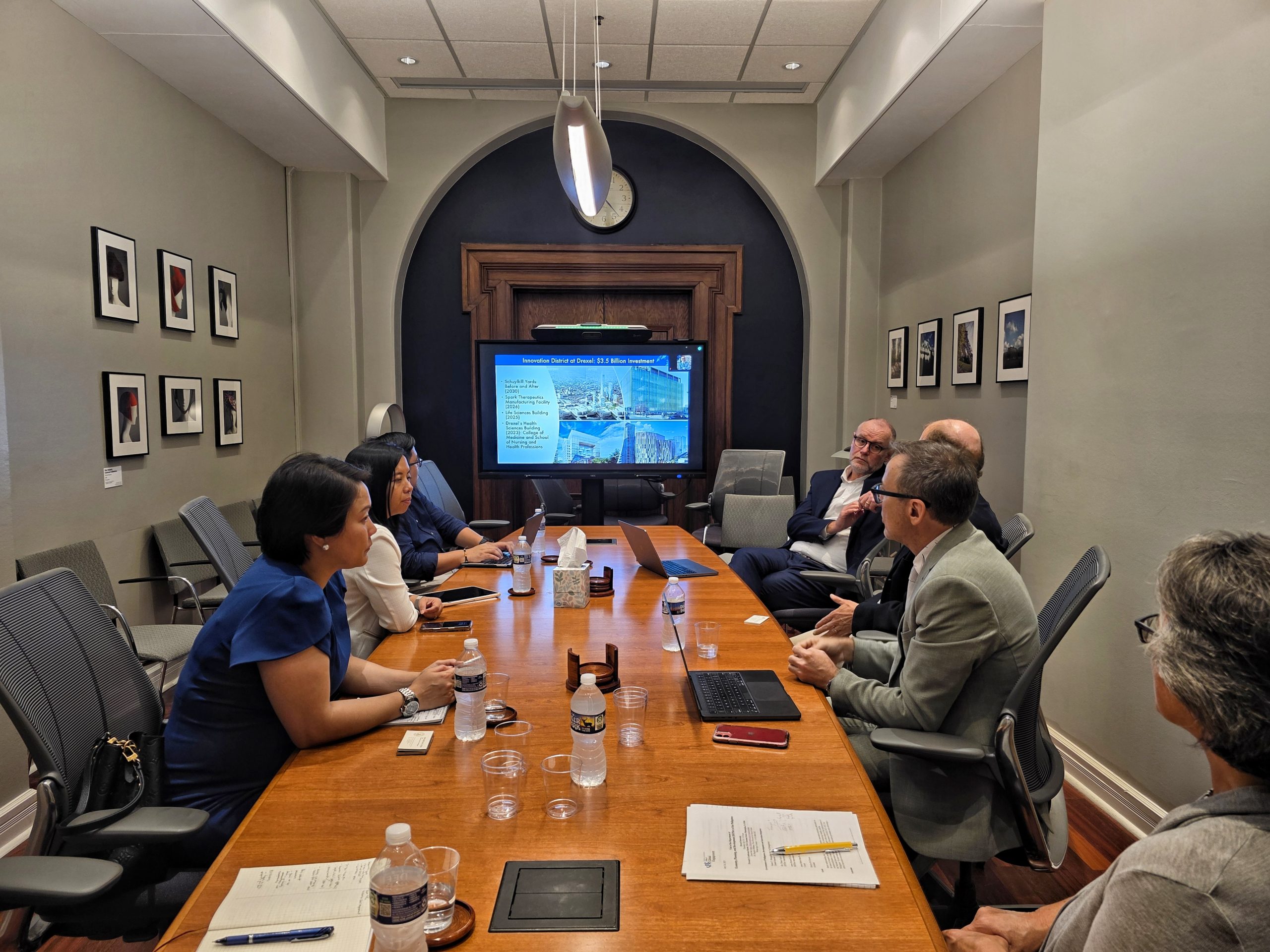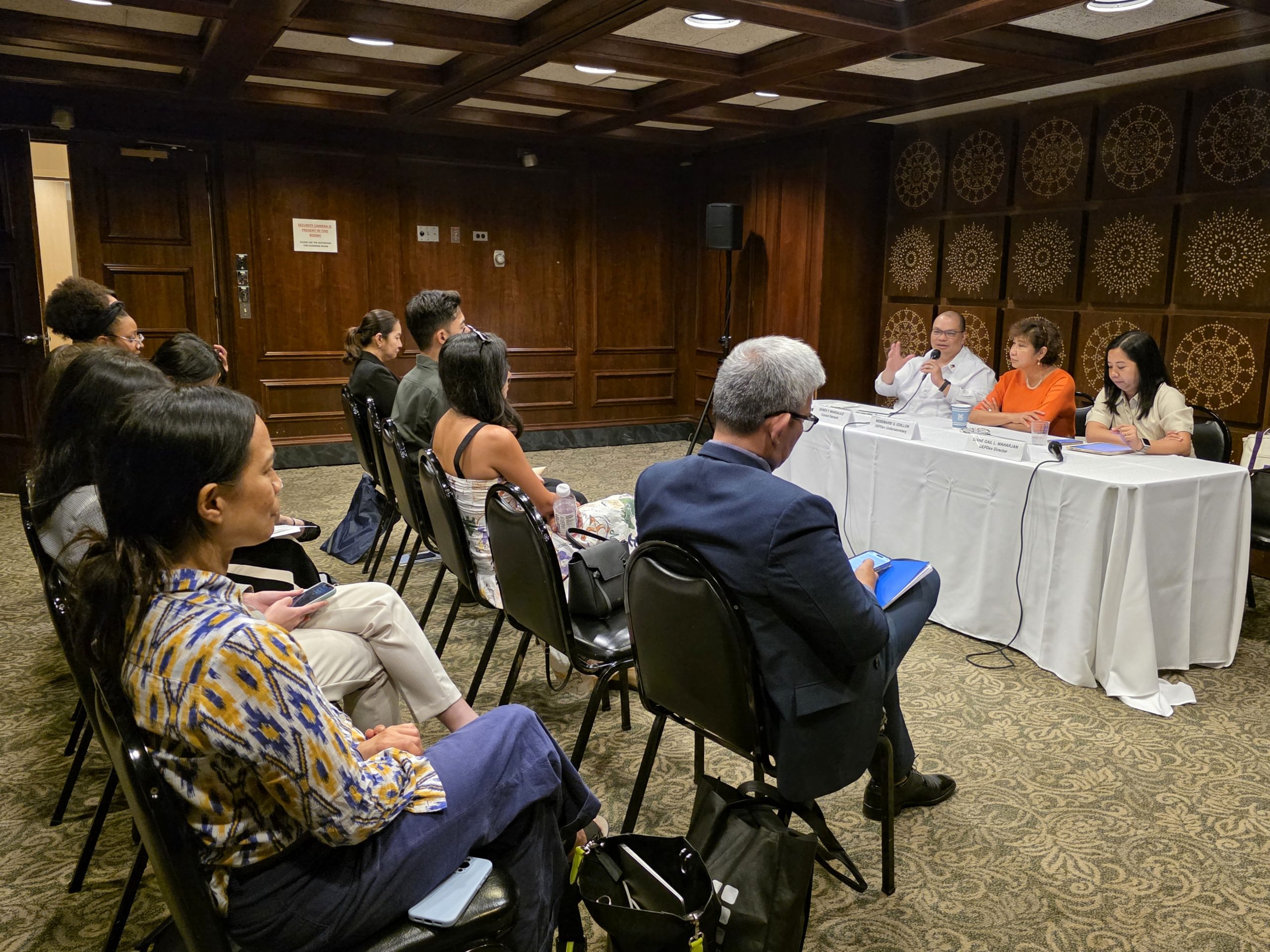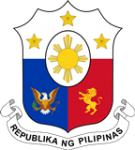PH Economic Officials Undertake Learning Visit to U.S. Innovation Hubs to Advance National Innovation Agenda
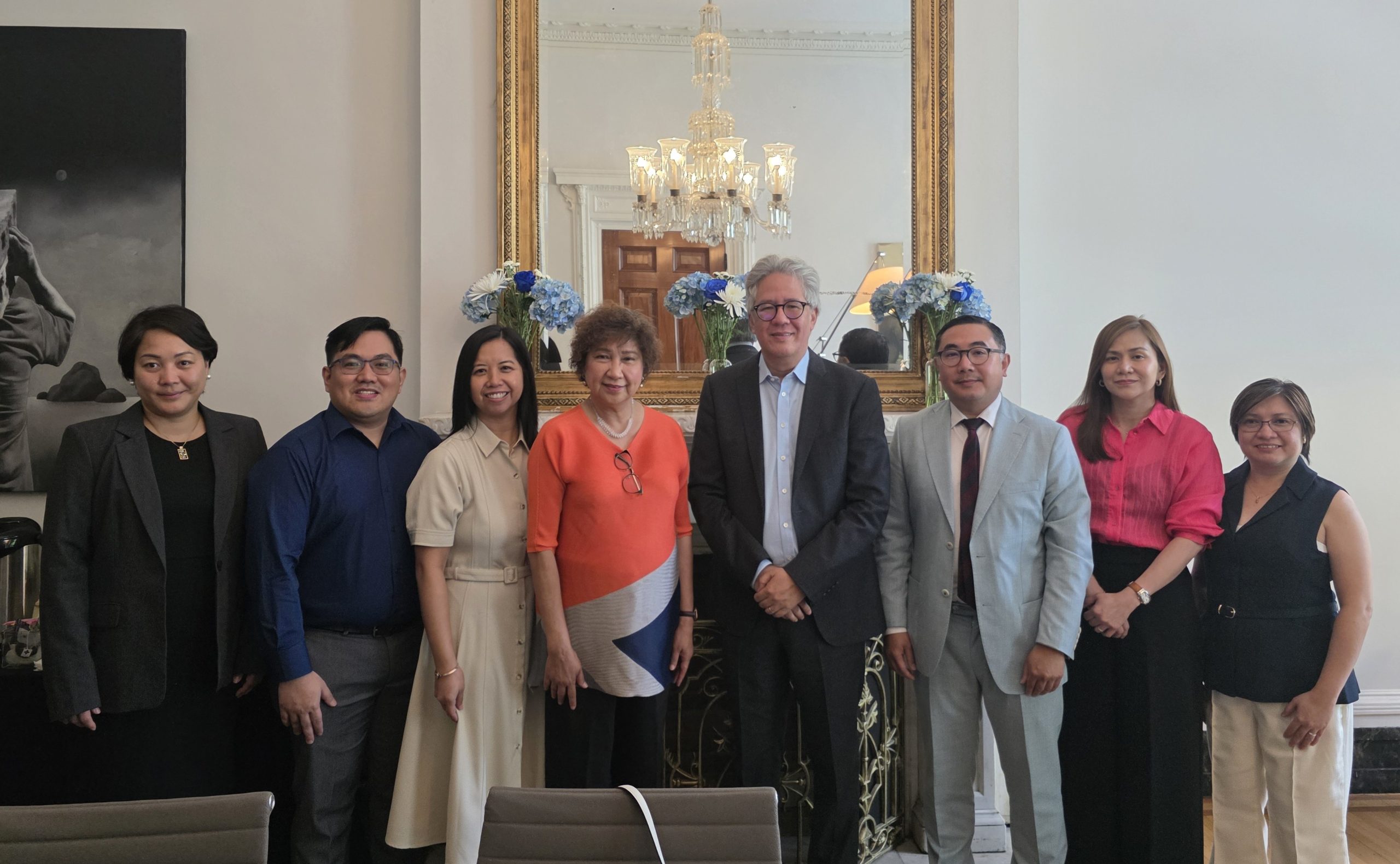
NEW YORK, 28 July 2025 – The Department of Economy, Planning, and Development (DEPDev), with support from the Philippine Consulate General in New York, conducted a learning visit to New York and Pennsylvania from 23 to 24 July 2025 to advance the implementation of the National Innovation Agenda and Strategy Document (NIASD) 2023-2032, the country’s 10-year strategic framework for improving innovation governance and fostering a dynamic innovation ecosystem in the Philippines.
Developed by DEPDev as Secretariat of the National Innovation Council, the NIASD outlines strategic reforms to broaden access to innovation through improvements in policy, infrastructure, financing, programs, and governance. The visit aimed to gather best practices from U.S. institutions in support of these priorities.
The DEPDev delegation, composed of Undersecretary Rosemarie G. Edillon, Innovation Staff Director Diane Gail L. Maharjan, and Chief Economic Development Specialist James Russel B. De Vera, met with officials from New York University (NYU), the New York City Department of Small Business Services (NYC-SBS), the Penn Center for Innovation at the University of Pennsylvania, and Drexel University’s Baiada Institute for Entrepreneurship.
On 23 July, the delegation began its series of engagements with a meeting at NYU, where Dr. Michael Purugganan, Interim Dean of Arts and Science, discussed how NYU promotes interdisciplinary collaboration, research productivity, and technology transfer through institutional design and faculty incentives. These models are relevant to the Philippines’ efforts to strengthen innovation capacity in regional state universities and colleges (SUCs).
At the NYU Entrepreneurial Institute in the Leslie eLab, Executive Director Frank Rimalovski presented the university’s programs, which guide student and faculty-led ventures through coaching, funding, and applied entrepreneurship education. The meeting provided concrete examples of how academic institutions can cultivate inclusive environments for early-stage innovation and expand the startup pipeline.

Later that day, the delegation met with NYC-SBS Commissioner Dynishal Gross, who discussed the city’s support for minority and women-owned business enterprises (MWBEs). She highlighted reforms such as simplified certification, revenue-based financing, and expanded procurement thresholds, aimed at reducing barriers for small entrepreneurs. DEPDev officials took particular interest in the agency’s whole-of-government approach to equity and its relevance to micro, small, and medium enterprise (MSME) programs in the Philippines.
On 24 July, the delegation visited Pennovation Works, the University of Pennsylvania’s 23-acre innovation campus. Managing Director Denita Henderson outlined how the site brings together researchers, startups, and industry partners to accelerate technology commercialization. She emphasized the role of shared spaces, cross-sector collaboration, and supportive state policies, including tax incentives, in building a dynamic innovation ecosystem. DEPDev noted the relevance of these approaches for strengthening university-based innovation hubs in the Philippines, especially in connecting academic research with enterprise development.
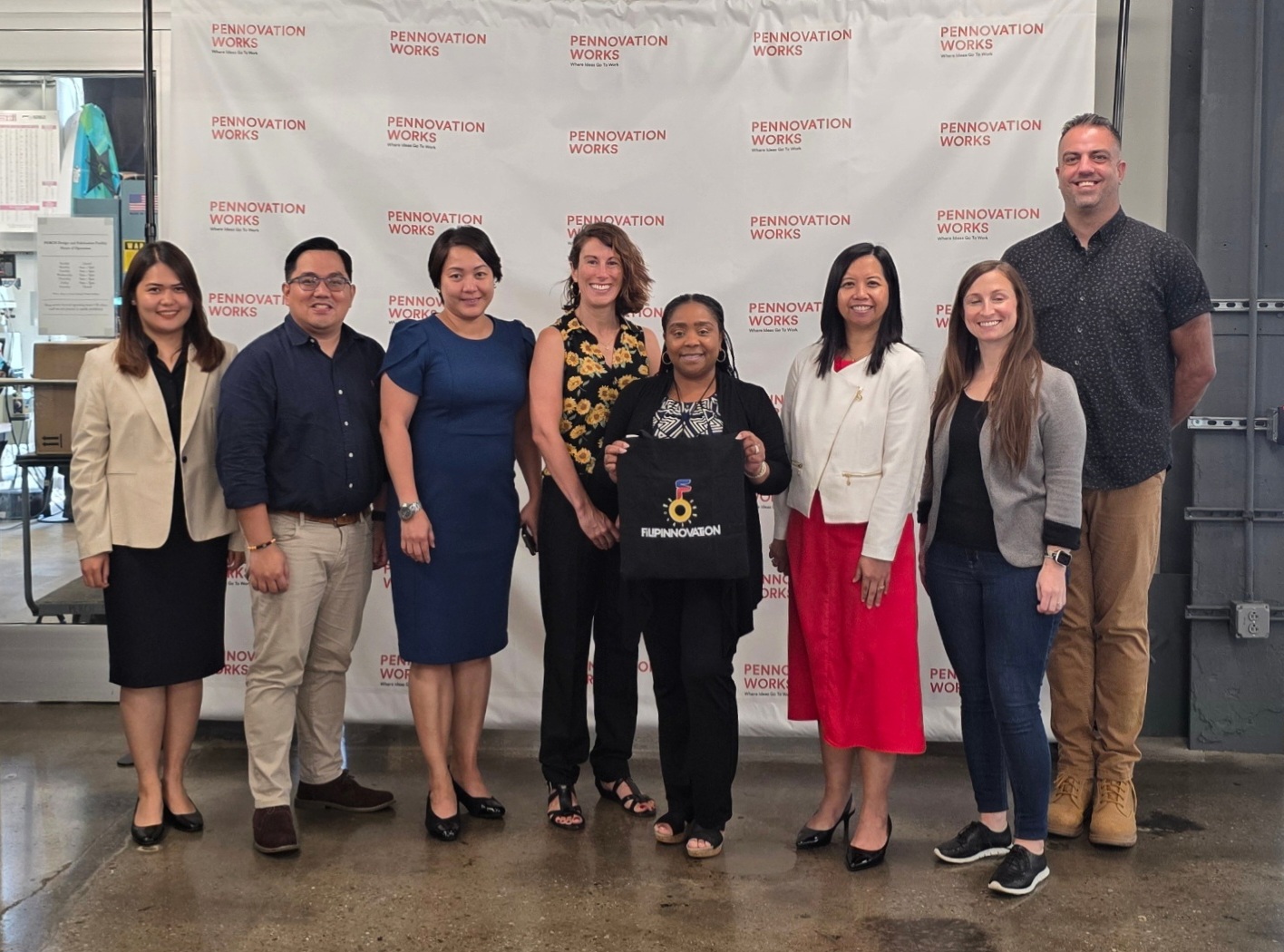
The visit concluded at Drexel University’s Baiada Institute for Entrepreneurship, where the delegation met with Dr. Rogelio Miñana, Vice Provost for Drexel Global; Dr. Kenneth Barbee, Senior Associate Dean of the School of Biomedical Engineering, Science and Health Systems; and Mr. Charles Sacco, Vice Dean for Educational Affairs. The team shared insights on Drexel’s co-op education model, applied research policies, and faculty incentive systems, as well as the university’s contributions to Philadelphia’s innovation districts, offering practical models for enhancing regional innovation capacity in the Philippines.
The first leg of DEPDev’s U.S. visit forms part of the Philippine government’s ongoing efforts to deepen insights on innovation policy and identify practical models that support the country’s shift toward a more inclusive, innovation-driven economy. END
